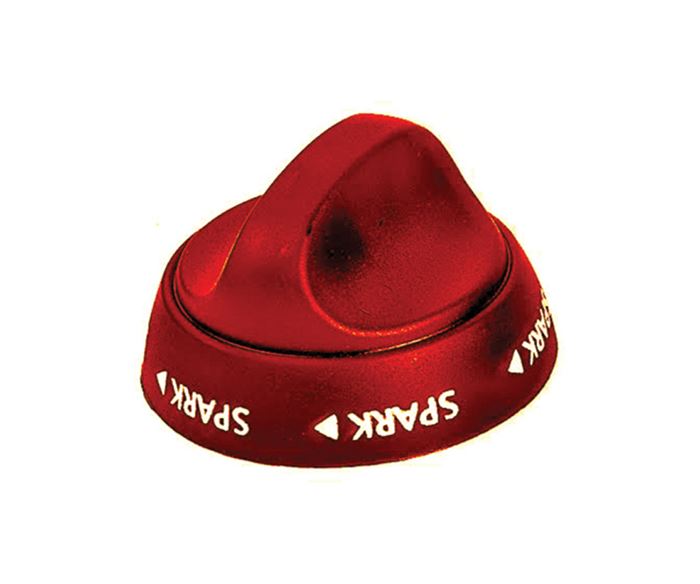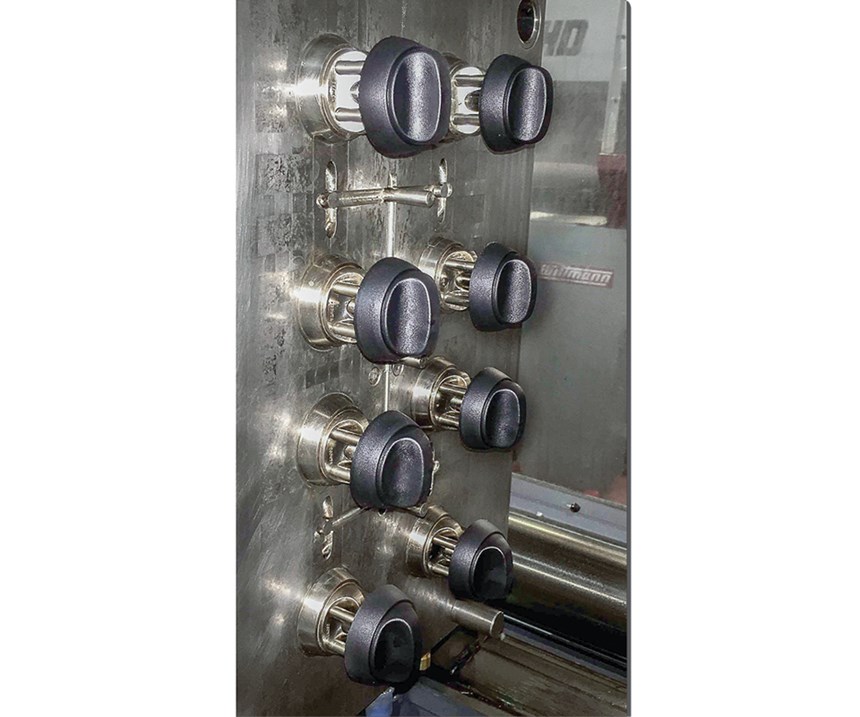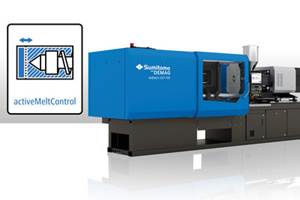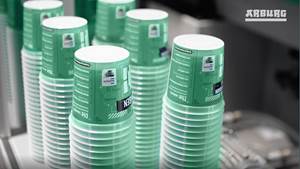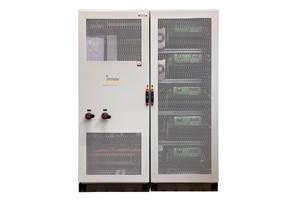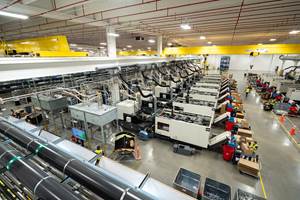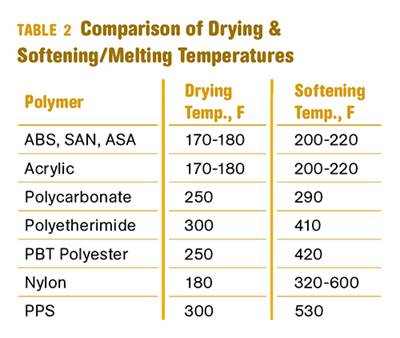Reshoring ‘Spark’ Helped Feed Thousands Post-Katrina
One emergency order leads to reshoring of other parts by a family-owned processor.
It was 2005. Hurricane Katrina had just destroyed the New Orleans area and the Federal Emergency Management Agency (FEMA) was putting survivors into mobile homes for emergency shelter. The mobile homes were outfitted with ovens/ranges so that survivors of the storm, which killed an estimated 1245 people, could cook and provide meals for their families.
These ovens/ranges were gas powered. To light them, one would first turn a burner knob, then the “spark” knob to ignite the gas. Some Katrina survivors were having difficulty adapting to the new cooking environment and safely igniting the gas, so FEMA decided to replace the black nylon spark knob with a red one to make the process more intuitive.
That sounds straightforward enough. Trouble was, the company that made the ovens, Atwood Mobile Products, Selinsgrove, Pa., had been importing all of its knobs from China. Under the challenges imposed by the deadly storm, and with the risk of injury from improper use of the stoves escalating, there wasn’t time to reorder new knobs and get them delivered to the Gulf States at a reasonable expense and time frame.
Enter GreenLeaf Industries, a custom injection molder in Lenoir City, Tenn. The molder was invited by Atwood to review its specifications, challenging production requirements—particularly in the area of decoration—and cycle-time demands. GreenLeaf won the bid, rebuilt a worn-out mold that had been mothballed after knob production moved to China, and began production in 2006, even with no screen-print artwork files on which to rely.
Greenleaf is a family-owned and operated Tier 2 automotive molder that has run only all-electric molding machines since it began in 1999. It has nine presses from Sumitomo Demag ranging in size from 50 to 350 tons. At its 30,000 ft² plant, Greenleaf does molding, pad printing, and assembly of parts such as air outlets, glove-box hinges, trays and caps, and cup holders. Sales were $4.3 million in 2015. Automotive work—all of it for Japanese OEMs such as Acura, Honda, and Toyota—accounts for 70% of business.
With a long history in molding nylon in red shades, GreenLeaf was able to offer the newly reshored client a solution in record time. Production was ramped up quickly to include 50,000 red knobs per week until all the mobile-home ovens/ranges had been retrofitted. Printing was particularly challenging because the knob is conical and the print area is convex. GreenLeaf engineers worked around the clock for two weeks to modify a screen printer to accept this difficult part, test ink adhesion, and develop new artwork.
As a result of this experience, Atwood brought back all knob production to the U.S. and named GreenLeaf its exclusive supplier, a distinction the molder still holds 10 years later. GreenLeaf is now also making oven handles for Atwood (another reshoring success) on its new all-electric 280-ton press from Sumitomo Demag. In fact, the oven handle is the first part GreenLeaf produced on the SE280HDZ.
Greenleaf standardized on Sumitomo Demag presses to simplify things for the plant employees, and because the machinery maker provides good service, parts, training, and advice from its sales and service facility in Norcross, Ga., says Lawrence Segrest, GreenLeaf CEO. The molder sold off its few non-Sumitomos and replaced them.
“The move to only Sumitomo Demag machines is part of Greenleaf’s decision two years ago to aim for excellence, to move beyond a defensive mindset from the Great Recession,” says Segrest.
Related Content
Adaptive, Automatic Process Control for Injection Molding
Sumitomo (SHI) Demag says its activeMeltControl for all new IntElect 2 machines can automatically compensate for shot-weight variations.
Read MoreInjection Compression Molding as Alternative to Thermoforming
Arburg will show its all-electric Allrounder 720 A press utilizing injection compression molding to create thin-wall IML cups from PP.
Read MoreWittmann Finds Battery Partner for Direct Current (DC) Molding Machine Concept
Displaying the solar-powered press at Fakuma 2023 following its K 2022 debut, Wittmann announced a development partnership with Innovenergy for DC infrastructure.
Read MoreIPEX Opens Injection Molding Facility in North Carolina
The pipe and fittings manufacturer’s new 200,000-square-foot facility represents a $200 million investment and will create 150 jobs.
Read MoreRead Next
Why (and What) You Need to Dry
Other than polyolefins, almost every other polymer exhibits some level of polarity and therefore can absorb a certain amount of moisture from the atmosphere. Here’s a look at some of these materials, and what needs to be done to dry them.
Read MoreLead the Conversation, Change the Conversation
Coverage of single-use plastics can be both misleading and demoralizing. Here are 10 tips for changing the perception of the plastics industry at your company and in your community.
Read MoreAdvanced Recycling: Beyond Pyrolysis
Consumer-product brand owners increasingly see advanced chemical recycling as a necessary complement to mechanical recycling if they are to meet ambitious goals for a circular economy in the next decade. Dozens of technology providers are developing new technologies to overcome the limitations of existing pyrolysis methods and to commercialize various alternative approaches to chemical recycling of plastics.
Read More

